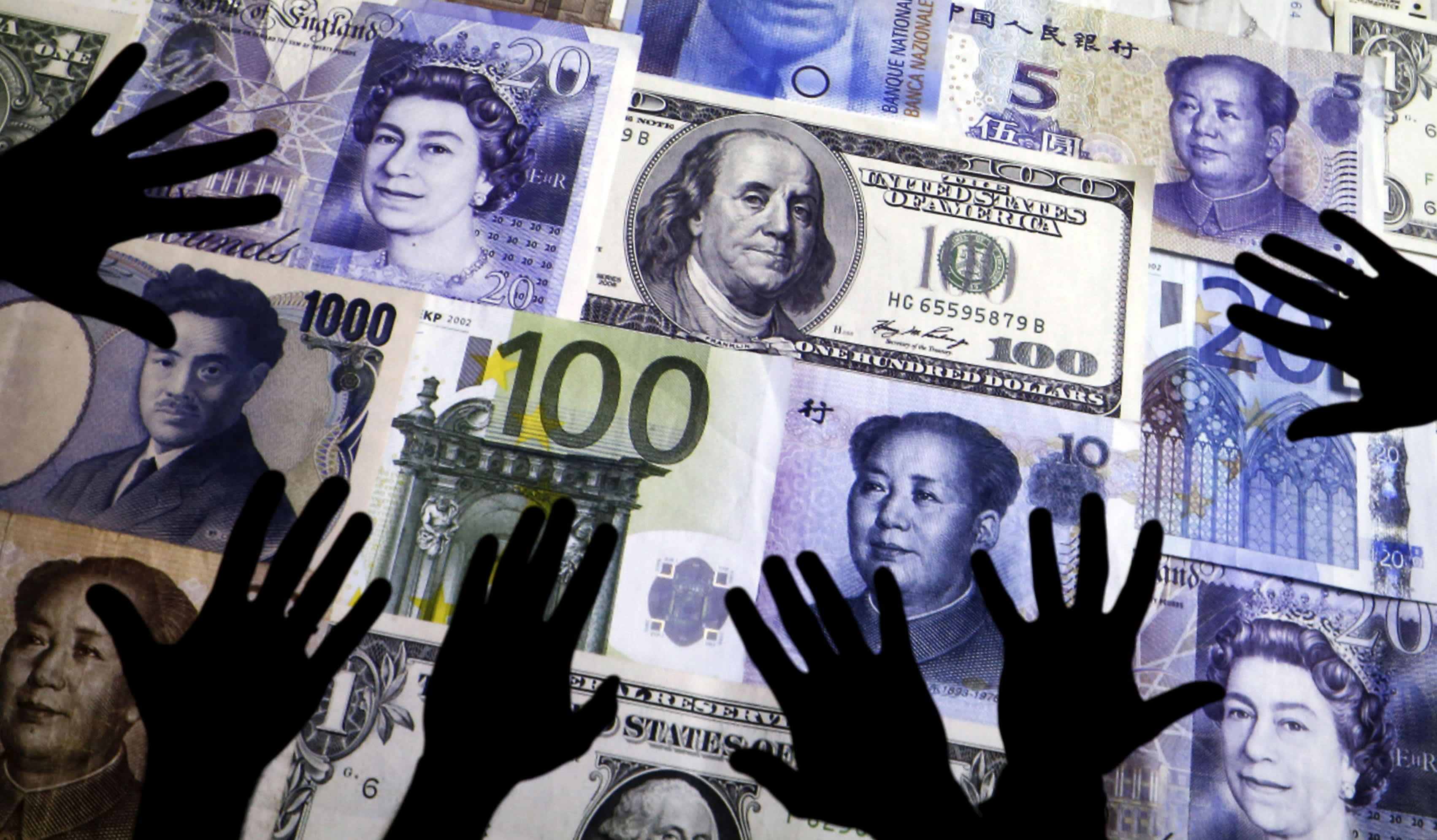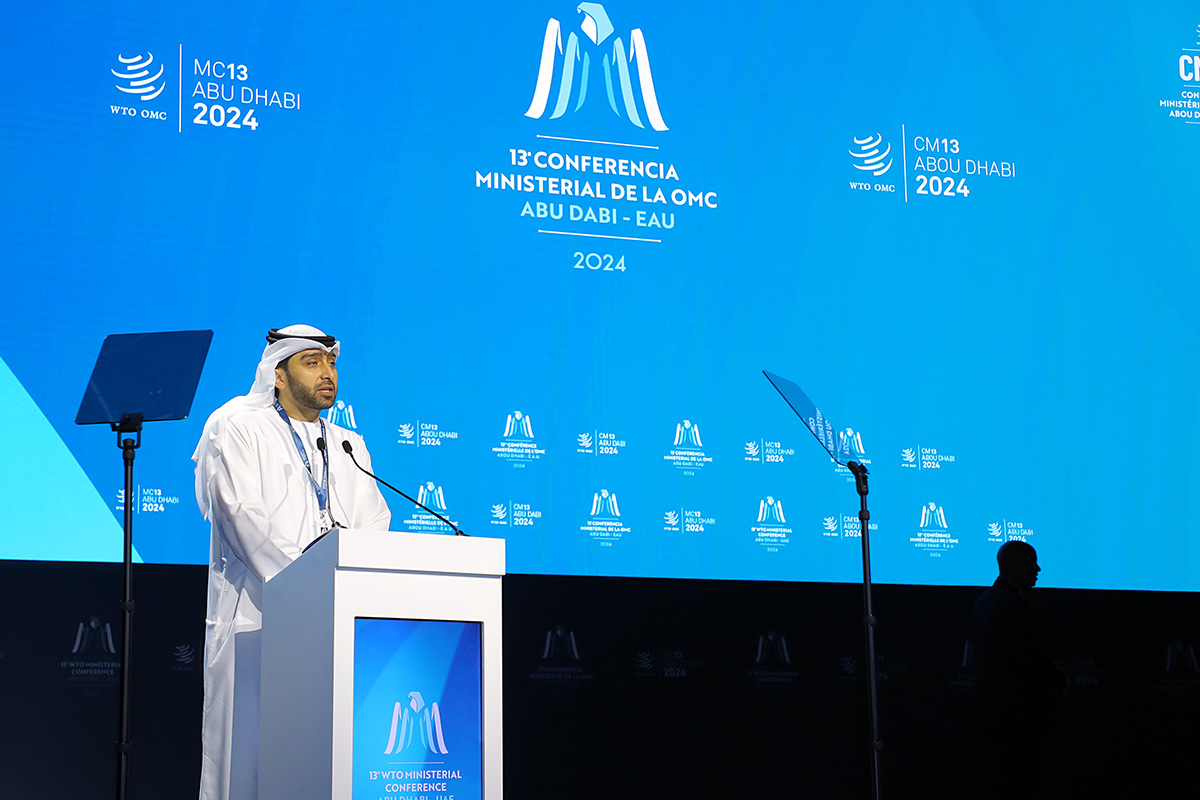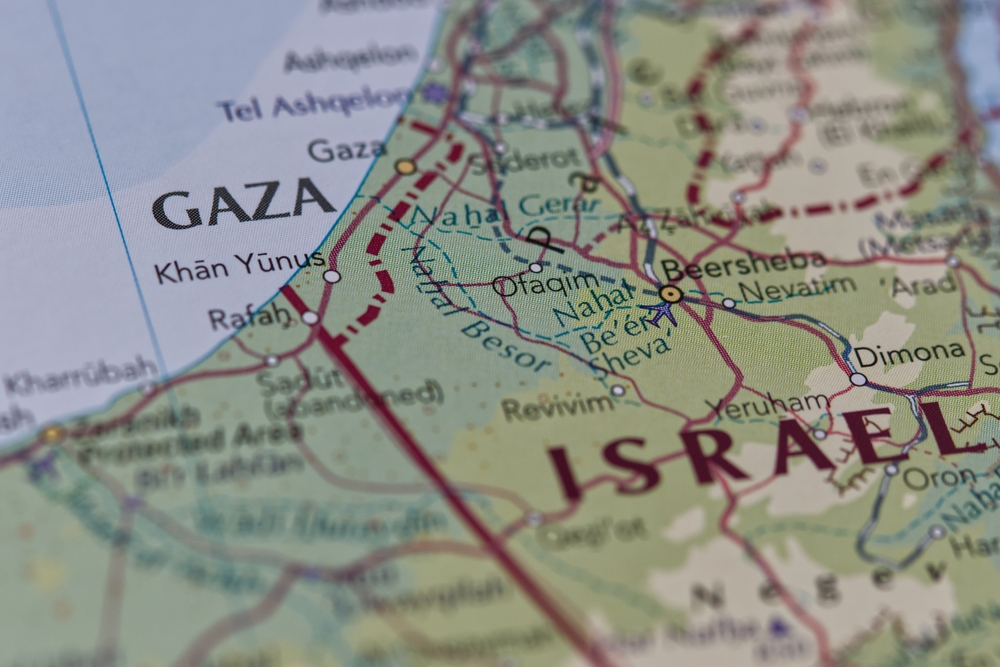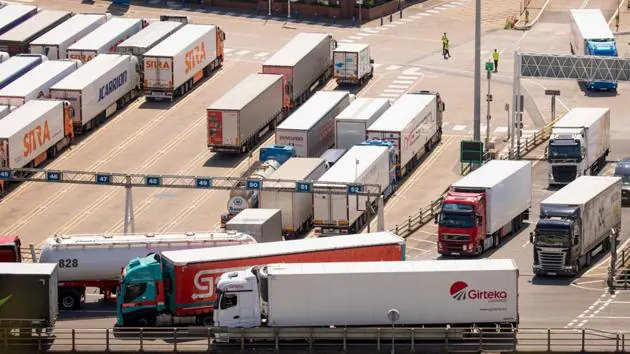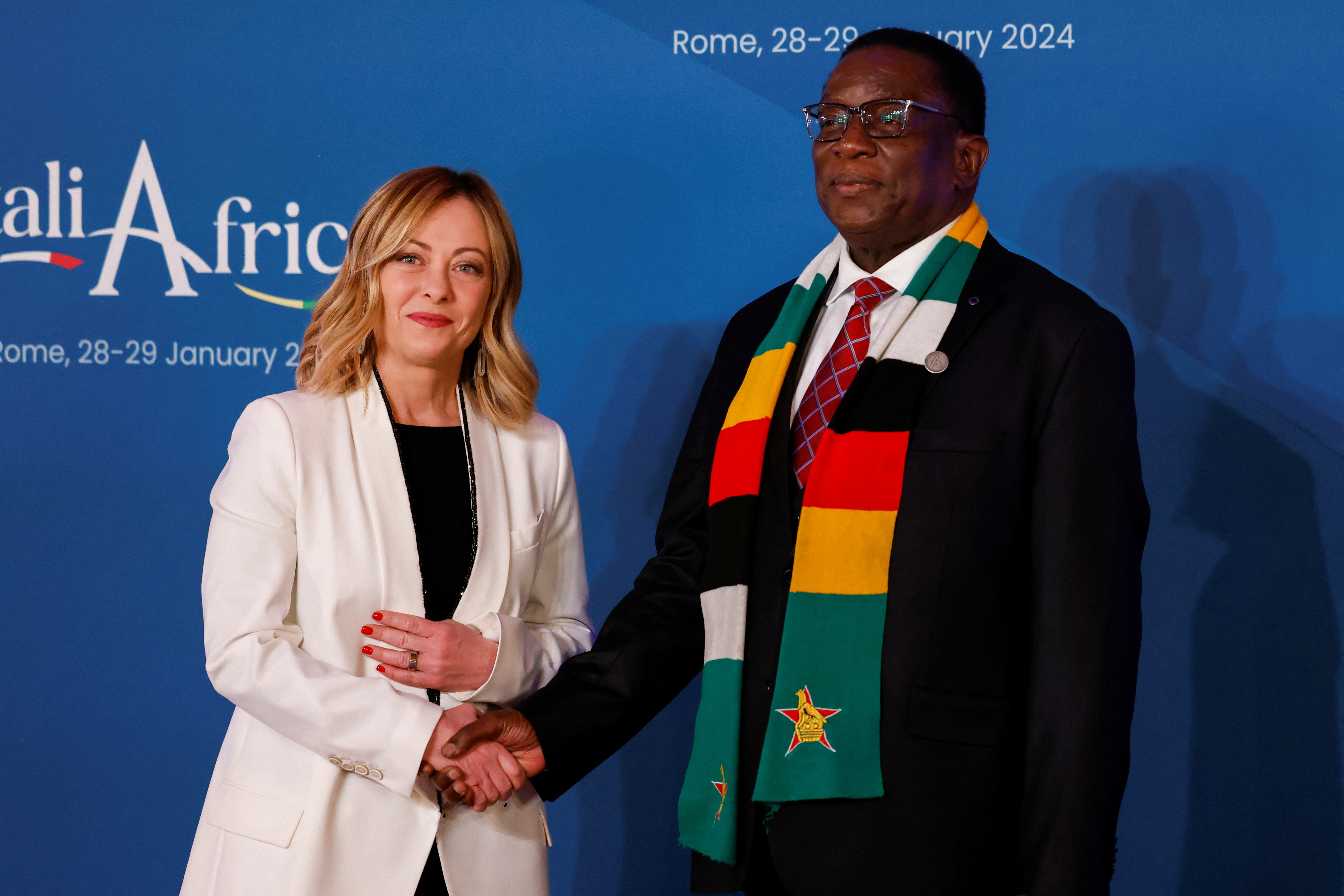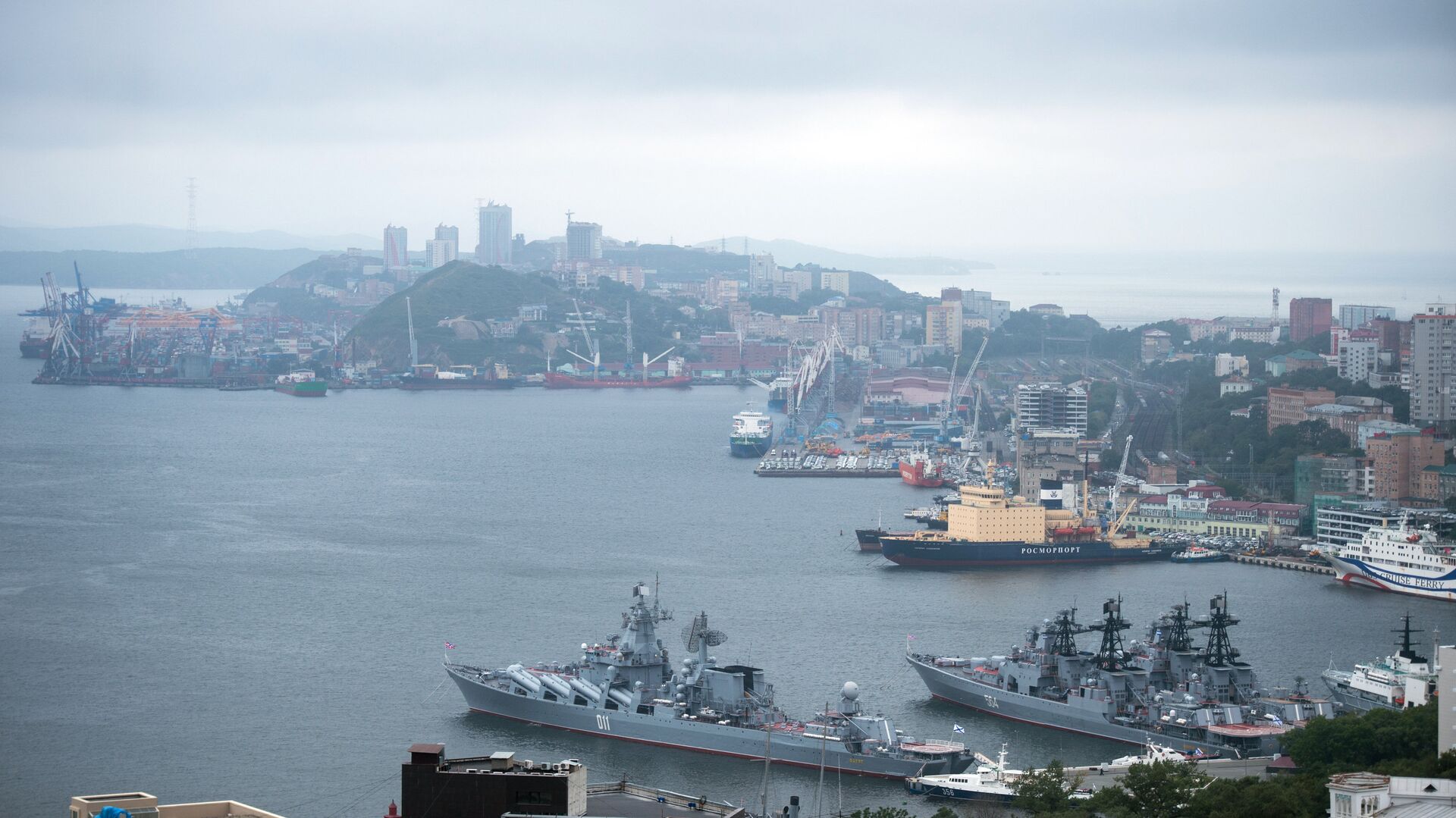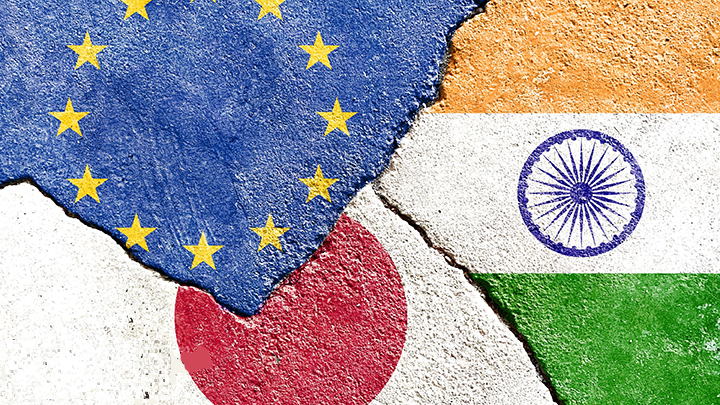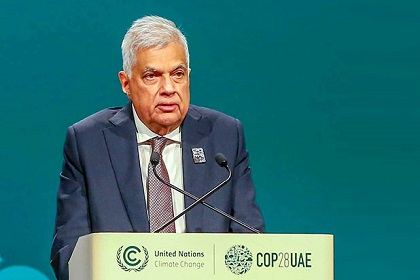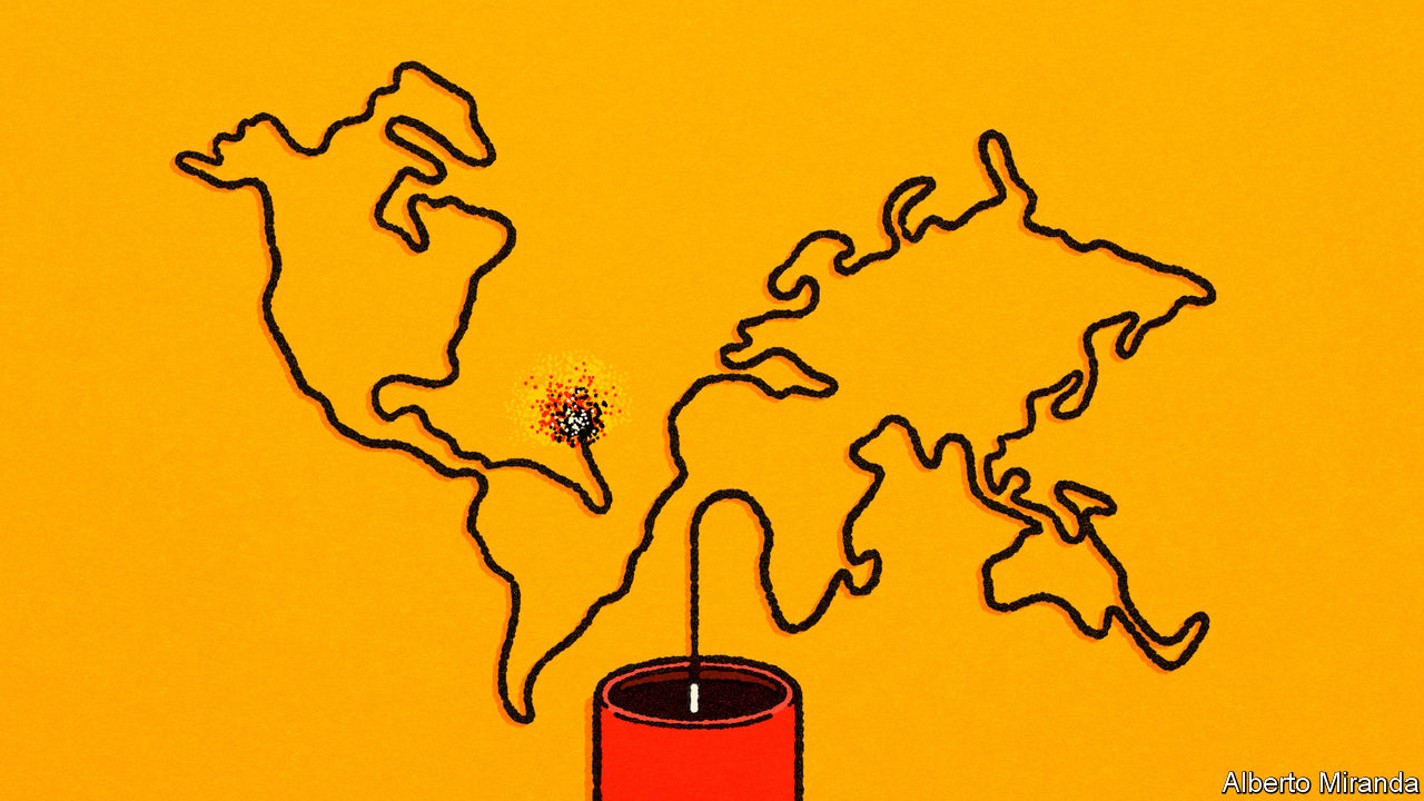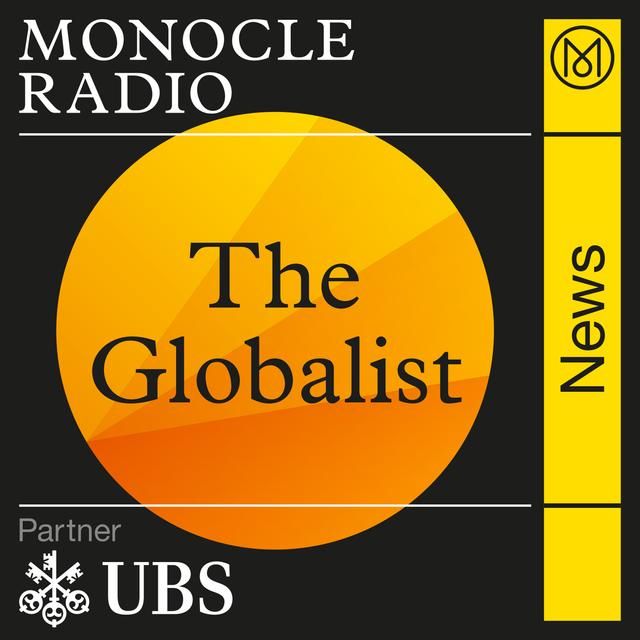Unfolding Geopolitics | Episode 7, De-dollarisation: economic or political?
The imposition of sanctions, continuing wars and the rise of new geopolitical blocs seeking to move away from western economic dependence, have prompted talk of ‘de-dollarisation,’ switching from the U.S. dollar as a currency of trade and reserves. Surjit Bhalla, well-known economist and India’s former representative at the International Monetary Fund, discusses the logic behind de-dollarisation and the key indicators of its sustainability or demise.

